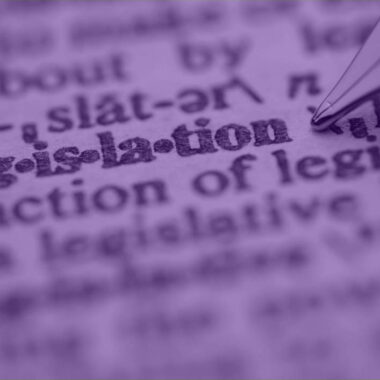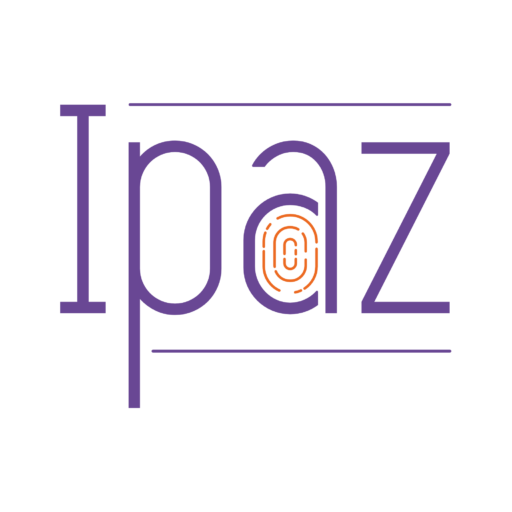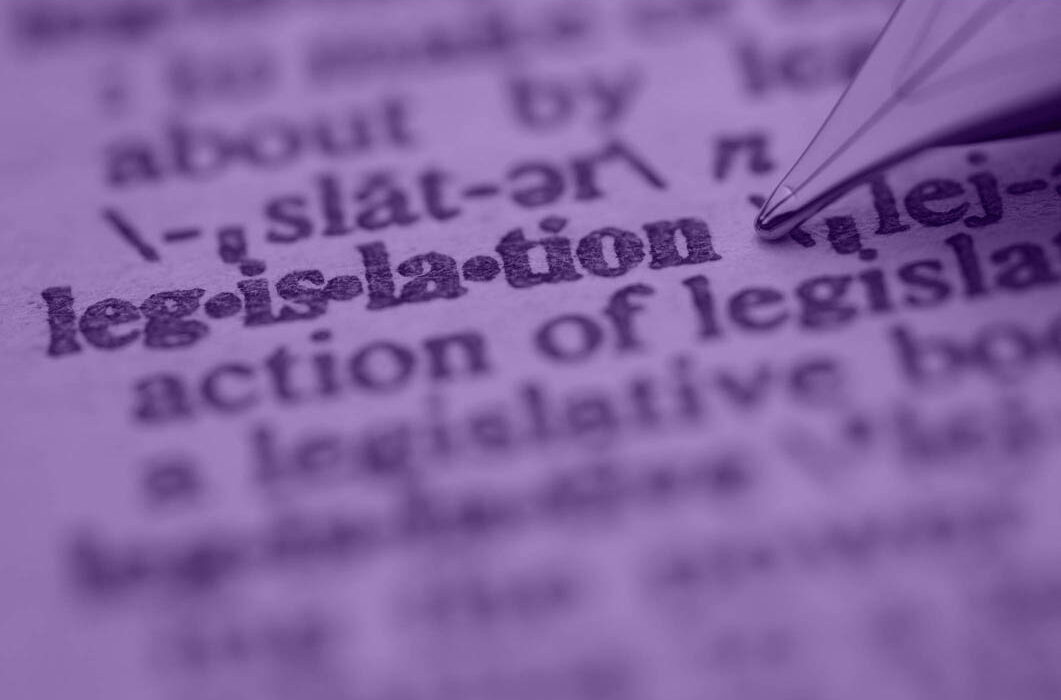
PACTE Act: what impact on industrial property?
After having been the subject of numerous discussions in Assemblée Nationale and Sénat, the “PACTE” (Plan d’Action pour la Croissance et la Transformation des Entreprises) Act was enacted and published on Thursday, May 23 in the Journal Officiel (Act N ° 2019-486, JORF N ° 0119).
This law, which aims to encourage innovation and growth of companies, introduces substantial changes in intellectual property and lead to modifications of the French Intellectual Property Code.
Article 118: The term of protection conferred by a utility certificate shall be 10 years, as against 6 years to date, and an application for a utility certificate may be converted into a patent application.
Article 121: An administrative “opposition” procedure to a granted French patent will be created, as well as of appeal on the decisions issued. Such an opposition procedure should be quicker than a lawsuit, and could be close to the opposition proceedings before the European Patent Office and various national offices, in particular in the United States, Japan, Germany and United Kingdom. The details of this procedure (time, costs, appeal, etc…) will be set by ordinance.
Article 122: INPI may reject a patent application not only for lack of novelty but also for lack of inventive step. Currently, INPI can only reject a patent application for a manifest lack of novelty. It is therefore a new standard of review, already applied by other national and regional patent offices, with the aim of strengthening the presumption of validity of a French patent.
Article 124: The law specifies the conditions for determining the limitation period for an infringement action, that is: 5 years from the day when the owner of an industrial property right knew, or should have known, the last fact allowing him to exercise said action). It also establishes the imprescriptibility of invalidity actions of patents, trademarks, designs and models, and plant variety certificates (COV).
These provisions will come into force either no later than one year after the publication of the “PACTE” Act, that is in June 2020, or six months after the publication of an ordinance (that should be published no later than 9 months after the promulgation of said Act), that means in the course of 2021.
Furthermore, article 201 of the law provides the transposition of the EU directive 2015-2436 (Trademark package), by ordinance, within a period of six months from the enactment of this PACTE Act.
This ordinance having to be followed by a ratification bill within 6 months of its publication, it is expected that the provisions of the Trademark Package marks will become effective in the course of 2020.
The main innovations arising from the implementation of this directive will be:
1) Signs that can be registered as trademarks
-
-
-
- removal of the requirement of graphic representation; It will be possible to file audio or multimedia files for sound marks or moving image marks.
-
-
2) New risks for applicants/holders of trademarks
-
-
-
- a simple statement of opposition, only mentioning the identity of the parties and the marks at issue, may be made with the INPI within in a period of two months following the publication of the application for registration; the opponent will then have an additional period of one month to provide the statement of means and evidence;
- new prior rights, such as a company name, may serve as a basis for opposition;
- it will be possible to ground an opposition on several earlier rights belonging to the same owner;
- the invalidity action, as well as the revocation action for non-use will be simplified by the establishment of an administrative procedure before the PTO, which shall have exclusive jurisdiction, except in case of counter actions, which will remain subject to the jurisdiction of the courts.
-
-
3) New means available to the trademark holders
-
-
-
- the infringement of a trademark with a reputation at national level will be a violation of trademark law (whereas previously, this infringement of such a mark was sanctioned as regards the law of torts); thus the holder of a mark with a reputation can bring an infringement action and may also file an opposition or an invalidity action against a subsequent identical or similar trademark, designating different goods or services.
-
-
This law therefore aims to confer a stronger legal value on French industrial property rights.
Do not hesitate to contact us for any advice adapted to your situation.


